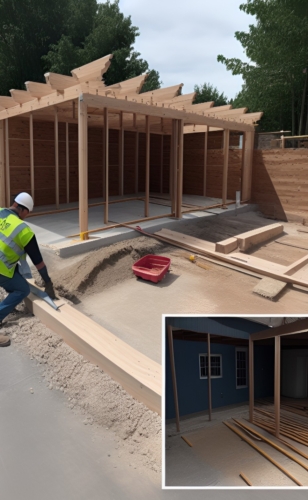Your contractor may issue a change order to modify the scope of work as unpredictable variables arise during a construction project. Change is inevitable in life and construction is no different, but what exactly is a change order and how does it affect you?
What is a change order?
A change order is a modification or amendment to a contractor’s contract and scope of work.
They can be prompted by:
- Material substitutions
- Changes in jobsite conditions
- City requirements
- Ambiguity in plans
- Issues hidden behind walls
- Homeowners requesting aesthetic changes
Every home improvement contract should have a clause that establishes the change order process, so make sure to read and understand the clause and speak to your contractor if you have any questions.
A Change order can affect you in two major ways:
They will change the contract price.
- Most change orders will increase the scope of work and therefore will increase the contract price, such as removing an additional wall, adding more cabinetry, or painting another room. Change orders can also decrease the contract price by deleting portions of the work. If the change order affects the price, your contractor will send you an updated payment schedule.
Change orders can cause time delays.
- Regardless of whether the change order will increase or decrease your contract price, it is important to quickly approve or deny the change order. Delays in accepting or rejecting the change order can affect your construction work schedule and create time delays. Additionally, the additional work will affect your schedule since your contractor will have to schedule more or less work.
Change orders are a normal part of the construction process, so make sure you understand the process and the potential impacts on your project.


